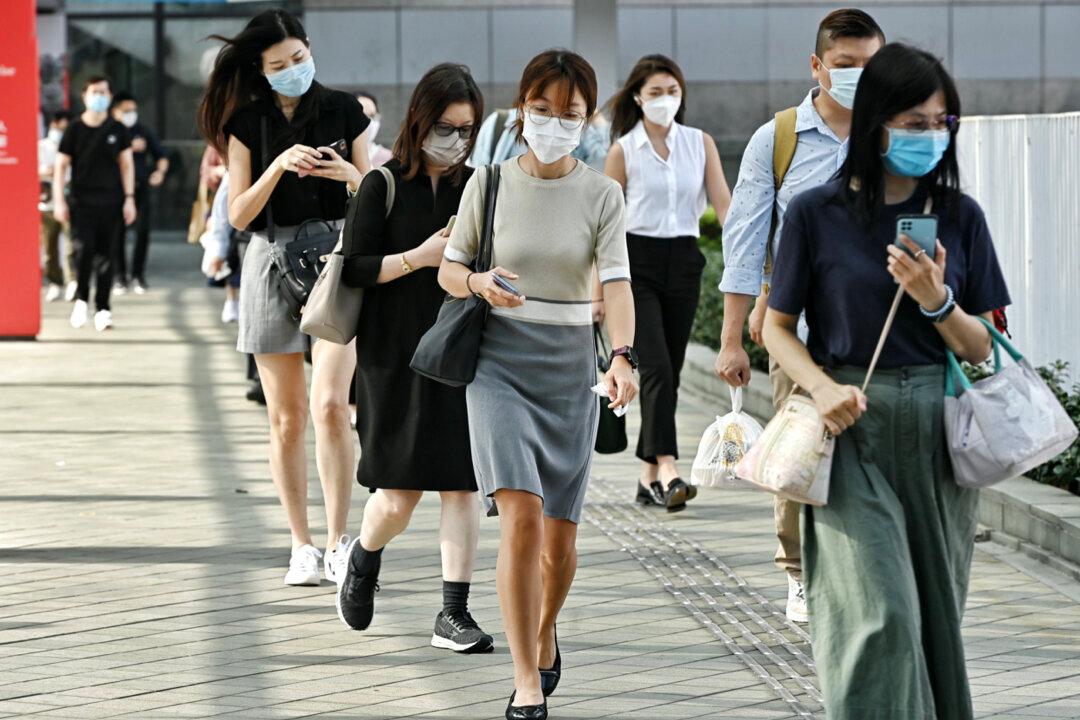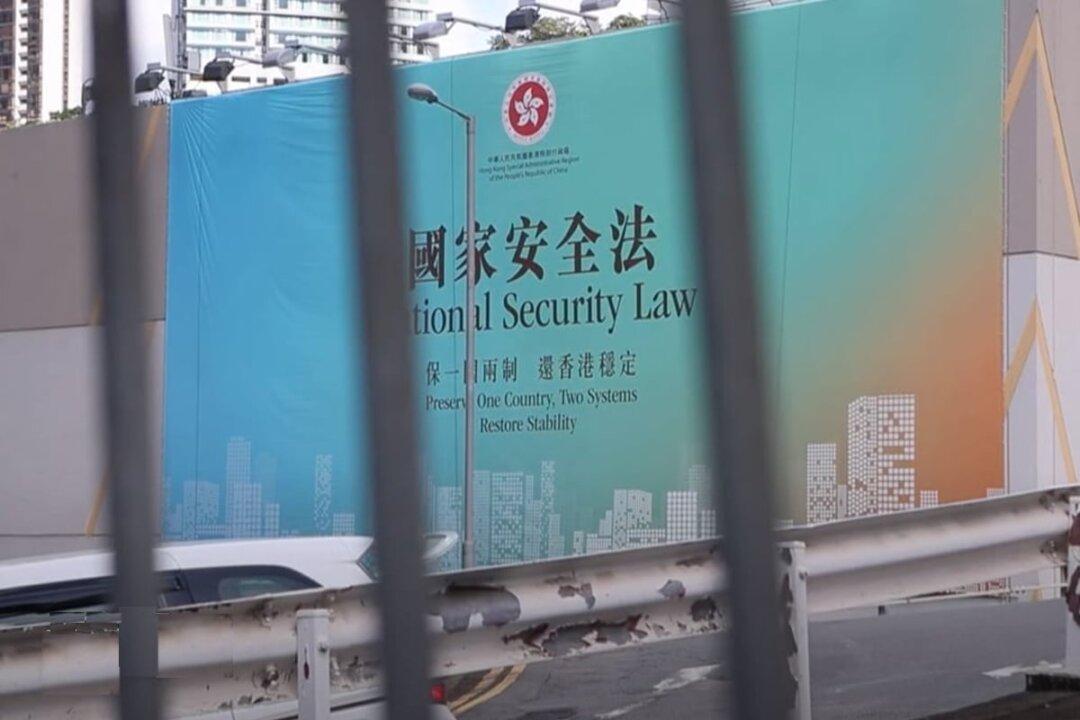Hong Kong’s civil service resignations have reached a scale not seen since the city’s handover to China in 1997.
The city’s Civil Service Bureau (CSB) recently disclosed that 10,487 civil servants left their jobs in the year 2021-2022, of which 3,743 resigned—double last year’s number, according to the Hong Kong Free Press (HKFP). Other reasons for departure included retirement, not renewing their contract, dismissal, and death.




